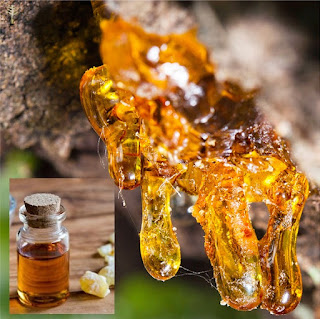Mould is not just caused by too much rain. Now that the heavy rains have stopped in many areas of Australia there is an underlying repercussion. There is the dampness still in some areas, there is the clean-up after the floods and coping with the huge impact and losses it has caused. People are trying to clean up and repair the water damage which has soaked into furniture, clothes and electric items as well as damage to the house itself. One aftermath perhaps overlooked a bit is the damage of mould creeping into almost every crevice, including your body.
What is mould?
Mould is a type of fungi. It likes to grow in damp, poorly ventilated
areas and spreads by producing spores. You will find mould almost anywhere
inside or outside. It can grow on food, furniture, fabric, carpet, walls,
paper, timber and even on your plumbing. The problem comes from the mould that
starts to grow in your home. The warm, damp and humid conditions that we are
having at the moment are making our homes the perfect breeding ground for
mould.
How does mould impact your health?
Mould doesn’t only make your home look bad, it is very bad for your
health and can cause serious health issues if you inhale the spores. Some of
these issues can include causing an increased risks of asthma, allergies and
respiratory infections. Some moulds that are more toxic can cause chronic
inflammation. This happens because the mould produces mycotoxins and these can
activate immune responses which lead to a myriad of health problems such as headaches,
sinus, nasal congestion and skin and eye irritations. If you have an allergy to
mould you may find that you are more susceptible to these issues.
There is a range of symptoms linked with exposure to mould commonly referred
to as a biotoxin-related illness or a Chronic Inflammatory Response Syndrome.
The factors that may come into play with this condition can include genetics,
nutritional deficiencies, your previous accumulated environmental toxins, your
age and stress levels.
Treating mould exposure
The first thing you should do is remove yourself from the mouldy area.
This may mean vacating the room you are in until it is repaired. Or if the
mould is throughout your whole home you may need to stay somewhere else til it’s
cleaned up. It is important to keep your house dry and dust free. Mould
treatment can be complex so it is important to get good advice as to what is
needed in your situation, not only for the house but for your health. You may
need to take natural anti-inflammatories, eat an organic, wholefoods diet,
increase your hydration with filtered water and to make appropriate lifestyle
changes, including sauna therapy, increasing exercise and participating in mind-body
treatments. You may also benefit from taking herbs to support your immune
system.
Where to get help
It is important to attend a proper session to assess your health with a registered, trained naturopath. This cannot be rectified by buying a few supplements at the store. It needs to be assessed and the proper dosage of supplements for your specific case allocated so you can get well quickly and stay well. As for removing the mould for starters you could try bleach however the best way if you have a lot of dampness is to call an expert who knows how to remove it professionally without getting more spores into your body. Our clinic can help you overcome your reactions to mould and other viral and bacterial issues. Everything from a foggy head to unexplained headaches, lethargy etc. Check us out on www.stressfreemanagement.com.au today.












